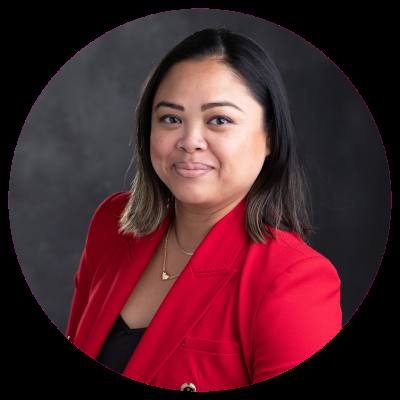While September is recognized as Suicide Prevention Month, two local hotline numbers are available as a 24-hour resource, all year long, to those who might need the support: 988 and 713-970-7000.
Just over a year passed since the U.S. switched from a 10-digit phone number to the three-digit national suicide hotline that provides 24/7 crisis care. During 988’s first five months, more than 1.7 million people dialed in, according to U.S. Census Bureau’s Healthcare and Educational Services Branch.
Officials with The Harris Center for Mental Health and Intellectual and Developmental Disabilities said agents at the call center handle both callers who dial the 713 number as well as the national 988 hotline. Agents not only assist Harris County callers, but also handle callers from more than 50 surrounding counties. Each call is an opportunity to connect people with local services, Senior Director Nicole Lievsay said.
“We have over 100 people involved with the crisis network,” Lievsay said. “The way it works is that we answer 80% or more that the calls that are done locally. Technology allows [the network] to identify calls coming from local counties. In those cases where phone lines are overwhelmed, the national answer service is there.”
Lievsay said the aim is to have the call center be able to take every call that comes in.
“We’re trying to build our infrastructure so we can get to 100% of those calls,” she said. “If they’re calling, they need services right then, or you want to connect them to local resources.”
During a visit to the Harris Center's call center in southwest Houston, Lievsay opened the door with a security card. Inside the vast office space, the lights were dim and noise was kept at minimal. Agents sat in cubicles decked with little trinkets and some cubicles were empty.
That's because, Lievsay said, the COVID-19 pandemic shifted agents towards a hybrid work environment. While physical persons might not be answering a phone in the call center, agents are still taking calls, she said.
The impact
Several factors contributed to the nation’s growing need for mental health services, according to the census’s report.
- The opioid crisis
- The COVID-19 pandemic
- Legislative changes
- Telemedicine expansion
Put in perspective
Over the past decade, the U.S. has faced multiple long-term public health emergencies that have increased the demand for mental health services, according to data from the U.S. Census Bureau’s report on public health.
- The estimated revenue for mental health practitioners, excluding physicians, increased 104% from $7.9 billion in 2015 to $16.2 billion in 2021, topping revenues of both public and private psychiatric and substance use disorder hospitals.
When it comes to stigmas related to mental health, Lievsay said, getting access to help can be somewhat confusing and overwhelming. She said the 988 and local 713 hotlines allow callers to streamline access.
“They're instantly connected,” she said. “We've had very serious suicidal calls and, you know, these [agents] are trained to really deescalate the situation and give a moment of hope.”
Get involved
A free public workshop is being offered by The Harris Center in September called SafeTalk: Suicide Alertness for Everyone. At the workshop, according to the event flyer, participants will learn how to recognize signs, engage and connect those who might need an intervention with further support.
- Sept. 21, 8:30 a.m.-12:30 p.m.
- 9401 Southwest Freeway, Houston
- Registration: Eventbrite
The following free resources are available via phone from The Harris Center, including the disclaimers.
Emotional Support Text Line: 832-479-2135 (not available to assist in crisis situations; not a replacement for ongoing mental health treatment)
- If you are in crisis and can only text, text 988.
- Agents will respond as available to provide basic support and community referral information. More information can be found on this website: Emotional Support Text Line
“We're very, very proud of this space,” Lievsay said. “As part of our state funding, we're required to have a hotline, but we do so much more, and because of the robustness of how this has been created, we’ve been able to [help] for the whole state.”





